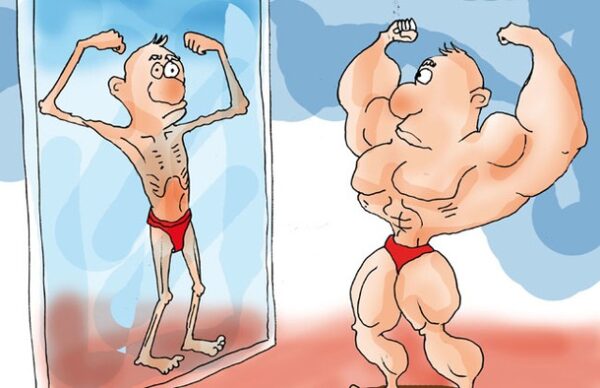Another week, another defiantly disheartening glimpse into the corporate mindset. This one is brought to you courtesy of the phrase “defeat device” (submitted by AustinAllegro), which is the name given to anything designed to affect emissions control systems. Like, it turns out, the software used in millions of Volkswagen diesel engines that included a number of useful little features that unobtrusively ‘improved’ the cars’ results during laboratory emissions testing. What might have happened if they’d put the same amount of energy into devising better engines rather than tricksy software, we will never know. Let us just sigh, let the extra particulate matter settle somewhere deep in our tender lungs, and move on.
In my day, “pash” was a word you read in old girls’ boarding school stories. Angela Brazil’s gels were forever having pashes – passionate but sexless crushes – on each other. Younger girls would worship older girls to degrees congruent with the amount of school spirit, lacrosse talent or kindly wisdom the latter displayed. Now, however, according to ThatSuch, PASH stands for Peer Ambassador into Sexual Health. These are young people, picked presumably for their intelligence, maturity and ability to talk about bums and willies without giggling, who are trained to educate their peers in matters of HPV, condom use and other vital issues of our degenerate age. I’m going to assume they’re called something different in Australia, where “pash” means “snog”, to avoid the dangers of confusion and mission creep.
Several enjoyably ugly words have been submitted this week, foremost among them “bigorexia” (from tikitaka) – a distorted belief, common amongst bodybuilders, that you look small when in fact you out-Atlas Atlas. It seems too silly-looking ‘n’ sounding a word to cover a condition that presumably causes similar levels of unhappiness as the other illnesses it echoes (anorexia, etc). “Musculo-dysmorphia” is the best alternative I can think of at the moment, but it’s still not good.
Moneill gives us “athleisure” – sport and gym clothes worn as leisure clothes. So, it’s an ugly word that suggests the two things don’t work well together? Perfect. Now, everyone lounging around in Lyrca, be told. And go and put some proper clothes on. Heaven’s sake.
Then there’s “pwnage”, contributed by Tommy, which is not so much ugly as uncomputable. Which turns out to be apt as it’s a gaming term meaning “pure ownage”, to be deployed when you have demonstrated your total superiority over your opposition. I’m not sure how you’d pronounce it. Would you ever have to pronounce it, or would it only ever be written down in your game’s runes? I honestly don’t know. I am 106. My knowledge of computer games begins and ends with Frogger. I should really go and live with Angela Brazil.
Finally, there’s MiniNinja’s “gudge” – wait, that sounds even worse than it is. “Gudge” has been submitted by MiniNinja. That’s better. It describes someone whose nose and chin are in greater proximity than an ideal world would dictate. Mr Punch, of Punch and Judy fame, perhaps, or Les Dawson mid-gurn. As enjoyably ugly as any of this week’s words. Thank you for them all, and see you next time.



